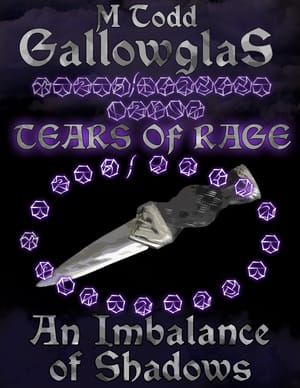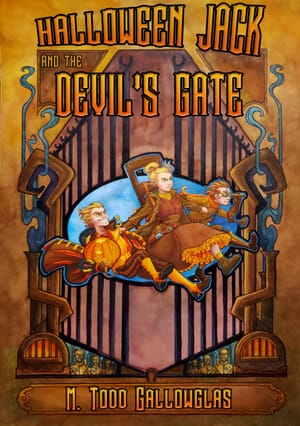Review: NEXUS by Ramez Naam

The best books are those that stay with you, that make you think about the questions they ask long after you put it down. In his stellar debut novel, Ramez Naam does exactly that. Naam offers us a near-future, roller-coaster adventure that will grab you by the throat and won't let you go even once you finish the novel. This one will stay with you, and keep you thinking. I'm can't say for sure, but I'm fairly certain, this one is going to be popping back into my brain from my subconscious for a long time yet.
In the book, Nexus is a nanotechnology "drug" that allows users to link wirelessly to each other's brains. They can share thoughts, memories, and in some cases, control each other's actions. Previous iterations of the drug burn out of people's systems in a short amount of time. It opens with the main protagonist of the story, Kade, experimenting with the permanent version of the "drug," Nexus 5. He and some friends have created a computer operating system to integrate with the drug, so that it stays with them, and they can add programs and applications to it that make them essentially hyper-human. Needless to say, certain governmental agencies aren't even remotely okay with this. Within the first few pages of the book, Kade and his friends are neck-deep in trouble with the US government, but maybe, just maybe, if Kade helps the government, there might be a way out for he and his friends. And that's as much of the plot as I'm going to give. Anything else would be a disservice to the reader.
Nexus is fantastic. It's brilliant. Feel free to tack on as many positive adjectives as you can come up with. It's not just a well-written and thought-provoking book, it's also highly entertaining. The "high ideas" Nexus calls the reader to consider are woven seemlessly into the plot by the characters. Through their interactions, conversations, and private musings, we see many sides of the trans and post human ideas Naam is working with. The best part is that while each character knows exactly where he or she stands on that particular issue at any moment (some characters do change their stance/outlook, and each of these moments of change come organically from the events they experience), Naam does not beat the reader over the head with any authorial agenda. Or, if he does, I had such a great time reading the book and getting lost in the story that I completely missed it.
When I sat down to write this review, I tried to come up with pairs of writers I could compare the book to to give possible readers a feeling of what they are going to get. A few of the names bouncing in my head were: William Gibson, James Rollins, David Brin, Michael Chriton, Neal Stephenson, and more. While trying to pair a comparison down to two names I couldn't. Naam's tone and ideas are a unique and fresh voice to science fiction. Do yourself a favor and get on the Ramez Naam band wagon now, so you can say, "I was there when."
It would not surprise me in the least to see this on the Hugo ballet for best novel at this year's World Science Fiction Convention.








